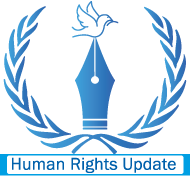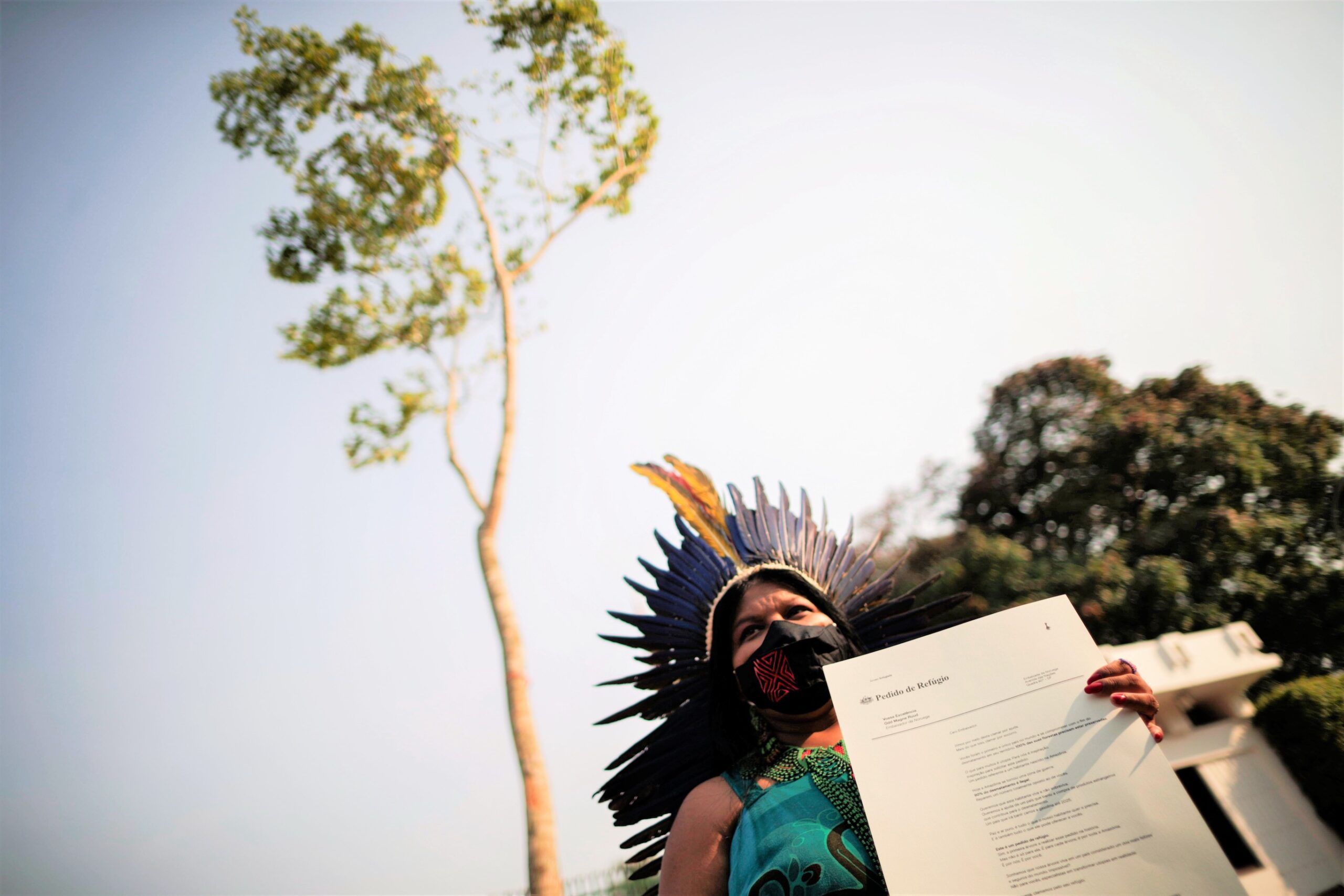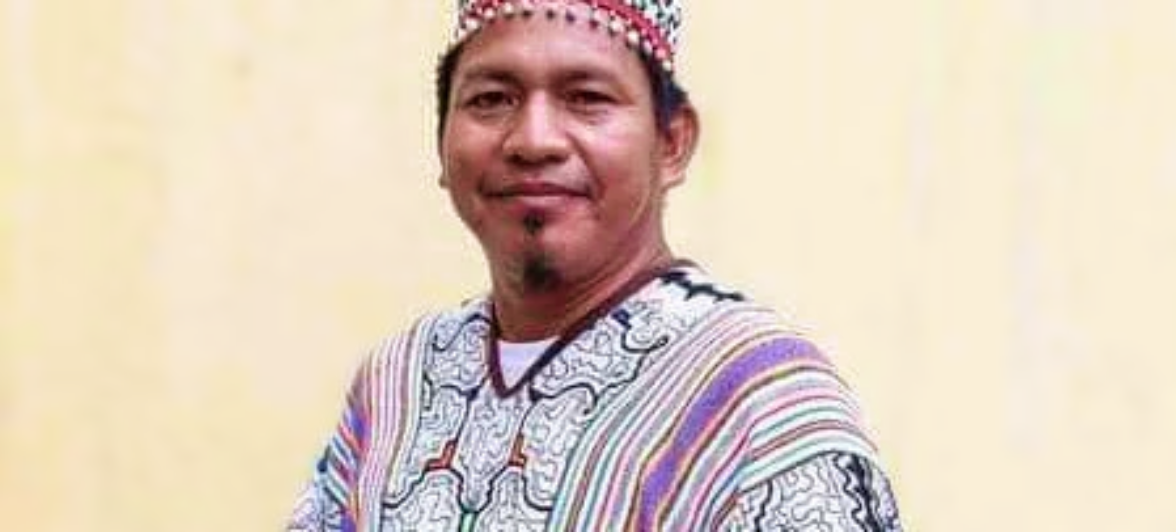Special Corespondent: In the wake of the ongoing quota reform movement in Bangladesh, alarming reports of human rights violations have surfaced. This month, Approximately five hundred students and civilians were killed by police firing in various parts of the country, including the capital, Dhaka. Additionally, over ten thousand students and civilians were injured in these violent crackdowns. The government has also arrested more than 10,000 individuals from different regions, with the number of cases increasing daily.
A particularly concerning development involves the illegal detention of seven coordinators of the anti-discrimination student movement. These coordinators have been held in the Detective Branch (DB) office for five days without a warrant, a clear violation of human rights. Dhaka Metropolitan Detective Police (DB) Additional Commissioner of Police Mohammad Haroon Or Rasheed forcibly recorded video statements from six of the detained coordinators, compelling them to announce the cessation of their movement. This video was distributed across various media platforms on July 28 at around 9 p.m..
In the video, the coordinators were coerced into stating that their primary demand for logical quota reform had been met by the government and that they were withdrawing all protest activities immediately. The detained coordinators include Nahid Islam, Asif Mahmud, Abu Bakr Majumdar, Sarjis Alam, Hasnat Abdullah, Nusrat Tabassum (coordinator of Shamsun Nahar Hall Branch, Dhaka University), and Arif Sohail (coordinator of Jahangirnagar University Branch). Except for Arif Sohail, all were seen in the forced video message.
A DB official, on the condition of anonymity, said that on the orders of the government, DB police have been secretly administering drugs such as benzodiazepines and GHB (Gamma-Hydroxybutyrate) with food for the detainees. This is aimed at weakening their physical strength and memory, thereby increasing their depression and incapacitating their ability to lead the ongoing movement. This is a severe violation of human rights.
On the afternoon of July 26, plainclothes DB members picked up Abu Bakr, Nahid Islam, and Asif Mahmud from Gonoshasthaya Nagar Hospital in Dhanmondi, where they were receiving treatment. The DB later claimed they were taken to the DB office at Minto Road for their safety. On July 28, Sarjis Alam and Hasnat Abdullah were also detained by the DB, followed by Nusrat Tabassum and Arif Sohail on the morning of July 29.
In response, two Supreme Court lawyers, Manzoor-al-Matin and Ainunnahar Siddiqa, filed a writ on July 29, seeking the immediate release of the detained coordinators and demanding an end to the use of live ammunition against protesters. The High Court has questioned the legality of the detentions but has yet to intervene, raising concerns that the judiciary may be under government influence.
Adding to the turmoil, an Awami League source confirmed plans to ban Jamaat-e-Islami and its student wing, Bangladesh Chhatra Shibir, by July 31. Law Minister Anisul Haque suggested this move aims to frame the ongoing student protests as being driven by these groups, potentially justifying further government crackdowns.
These developments paint a grim picture of escalating human rights abuses in Bangladesh, with the government employing severe measures to suppress dissent and maintain control.






